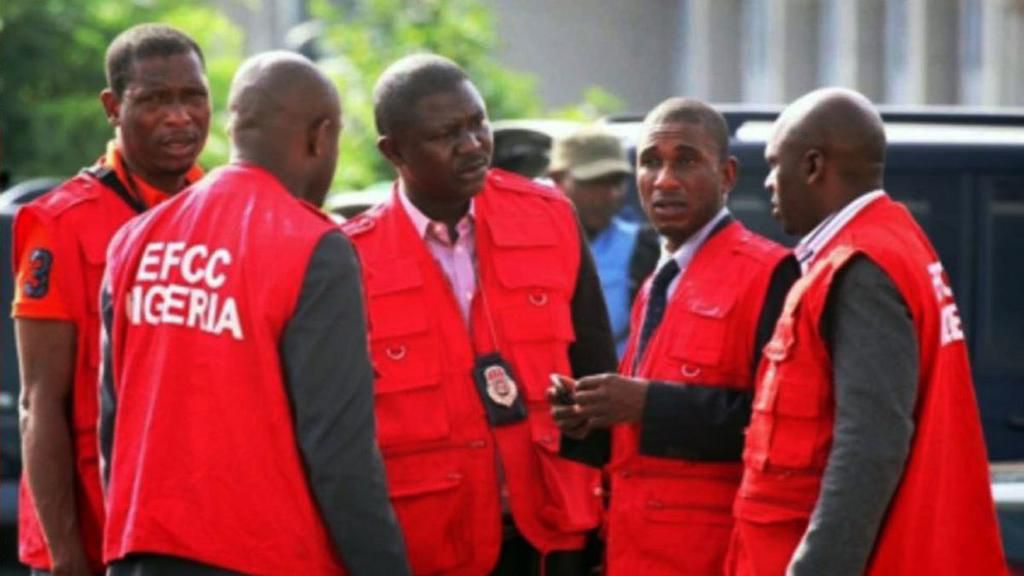The recent development involving the invitation of the suspended chairmen of the 18 local governments in Edo by the Economic and Financial Crimes Commission (EFCC) has not gone unnoticed. This move by the EFCC marks a crucial step in the fight against corruption and the promotion of transparency in the management of public affairs at the local level.
The invitation of the Edo local government chairmen by the EFCC, as recorded in a letter from the EFCC Director of Investigations, Abdulkarim Chukkol, addressed to the Secretary to the State Government, clearly indicates the agency’s determination to investigate the alleged wrongdoings. The deadline set for the interrogations, December 19 and 20 respectively, underscores the urgency and gravity of the situation.
This move by the EFCC naturally raises questions, but also hopes as to the outcome of these investigations. The citizens of Edo are eagerly awaiting the elucidation of possible malpractices that could affect the smooth running of local government and undermine public confidence.
It is imperative that justice be delivered fairly and transparently in these cases. The outcome of the EFCC investigations could have significant implications for local governance and help strengthen the integrity of public institutions.
Ultimately, this case highlights the importance of accountability and good management of public resources at the local level. The EFCC plays a vital role as an oversight and investigative body, and its action in this case is a step towards more accountable and transparent governance.
It is now up to the local government chairmen in Edo to respond to this summons and cooperate fully with the authorities to enable the objective conduct of investigations. Adherence to the rule of law and the highest ethical standards is essential to restoring public confidence and ensuring effective management of local affairs.

